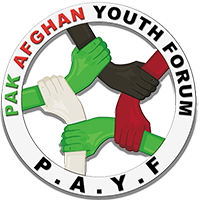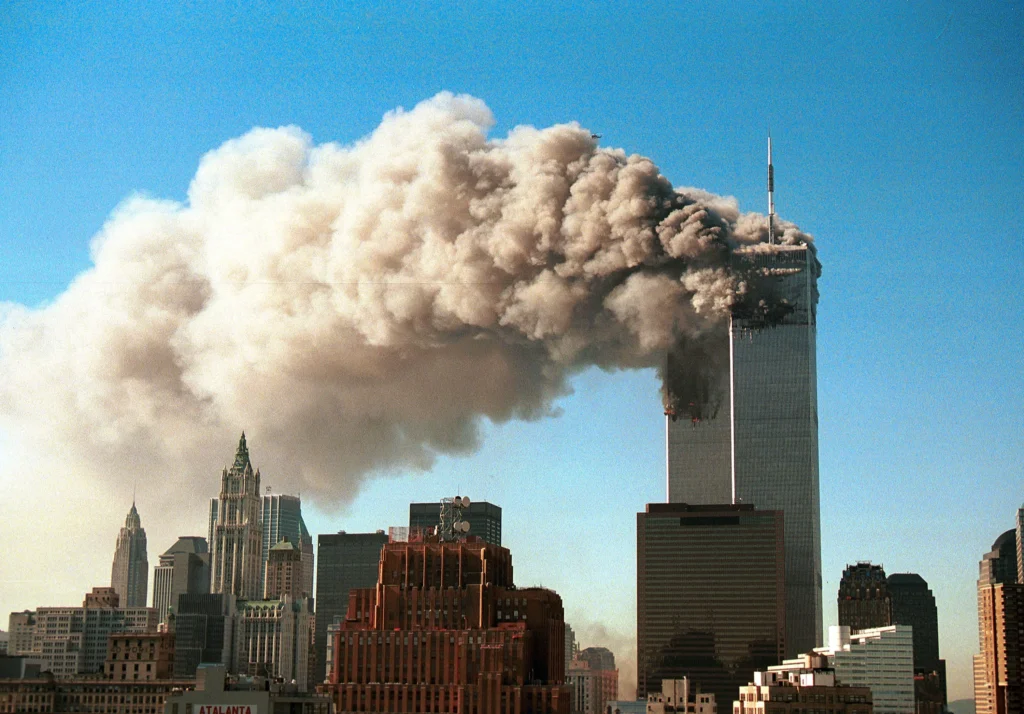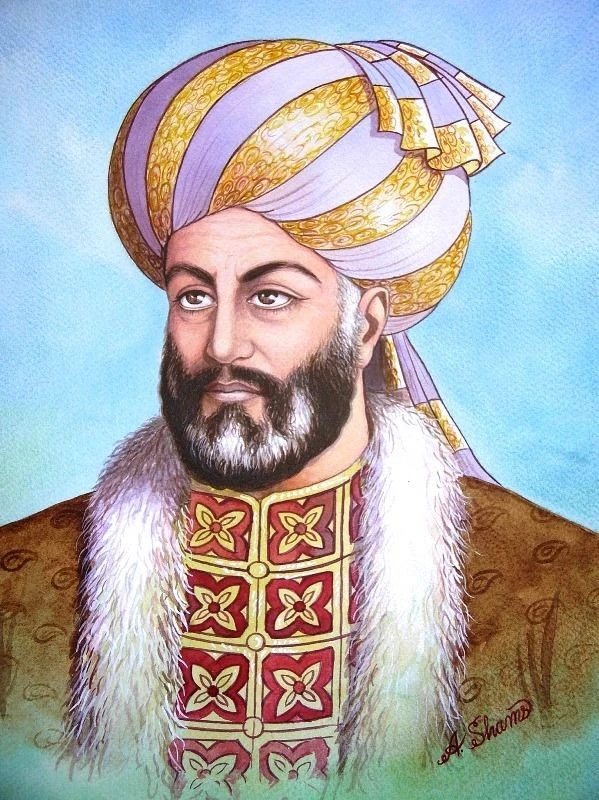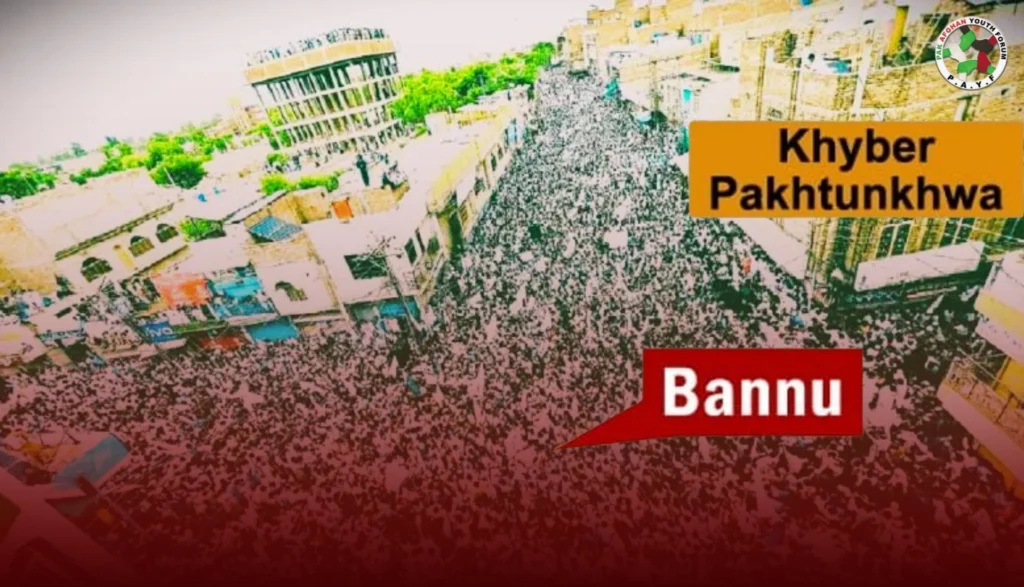9/11; On September 11, 2001, the world witnessed one of the most catastrophic events in modern history. In an instant, nineteen Al-Qaeda operatives hijacked four planes. Two crashed into the World Trade Center, one into the Pentagon, and the fourth into rural Pennsylvania. The attacks claimed 2,977 lives and sent shockwaves across the globe. This day did more than just alter the lives of those directly affected. It reshaped the world order in profound ways.
9/11: The War on Terror and Global Reactions
The immediate aftermath of 9/11 saw the launch of the “Global War on Terror.” The U.S. initiated Operation Enduring Freedom, targeting Al-Qaeda and the Taliban in Afghanistan. This operation marked the beginning of a prolonged series of military campaigns across the Middle East, with countries like Iraq, Syria, and Libya becoming new battlegrounds.
Simultaneously, global leaders quickly rallied around the United States following the attacks. For instance, China extended condolences, India condemned the attacks and heightened security measures, while Bangladesh also condemned the incident. Similarly, Pakistan’s President Pervez Musharraf denounced terrorism and expressed his condemnation as well.
On the other hand, President George W. Bush’s declaration, “You’re either with us or with the terrorists,” introduced a new foreign policy doctrine. Thus, this doctrine led to U.S.-led strikes in Afghanistan and Iraq, resulting in the toppling of Saddam Hussein by 2003.
Conflict and Human Costs After 9/11
Afghanistan quickly became the epicenter of the U.S. war on terror. Despite the initial removal of the Taliban, coalition forces faced a resilient insurgency. Operations like Anaconda (2002) and Moshtarak (2010) were part of ongoing military efforts to eradicate Taliban and Al-Qaeda remnants. Furthermore, the conflict extended into Pakistan’s tribal areas, with U.S. drone strikes targeting Al-Qaeda and Taliban strongholds. In response, Pakistan’s military deployed 80,000 troops to Waziristan in 2004.
Ultimately, the quest to capture Osama bin Laden culminated on May 2, 2011, when U.S. Special Forces conducted a raid in Abbottabad, Pakistan, killing him along with his wife and son. Nevertheless, while his death was a significant milestone, it did not signal the end of global terrorism. On the contrary, the emergence of new groups like ISIS indicated that the threat had evolved rather than diminished.
The human cost of the War on Terror has been staggering, with an estimated 4.5 million people killed, including 387,000 civilians, and 38 million displaced. As a result this war has devastated regions like Afghanistan and Iraq, raising questions about whether the world is truly safer today.
Societal and Economic Impact and the Rise of Populism
Following 9/11, Islamophobia surged dramatically. For example, in the U.S., anti-Muslim hate crimes spiked by over 1,600%, and similar rises in Islamophobic incidents were observed across Europe. Consequently, many Muslim students reported facing verbal or physical bullying. Moreover, the aftermath of 9/11 also saw a proliferation of terrorist organizations. Over 150 new terror groups emerged, contributing to more than 250,000 incidents globally. Despite these efforts to defeat terrorism, the rise of groups like ISIS suggests that the nature of the threat has merely evolved.
The conflicts triggered massive displacement, with countries like Pakistan hosting over 3.7 million Afghan refugees. Additionally, the war displaced entire generations across the Middle East and South Asia, leaving lasting effects on the region’s socio-political fabric. Although the U.S. spent $44.72 billion on development post-9/11, but this figure pales in comparison to the $8 trillion spent on military operations in Afghanistan, Pakistan, Iraq, and other countries through Fiscal Year 2022. This disparity raises questions about whether the focus on military conflict overshadowed efforts towards nation-building and addressing the root causes of extremism.
At the same time, the post-9/11 world has seen a rise in populism and nationalist sentiments. As a consequence, leaders with authoritarian tendencies have gained traction in both the U.S. and Europe, reshaping democracies and pushing back against globalization.
In conclusion, 9/11 fundamentally changed the world order, initiating wars, shifting political ideologies, and igniting deep societal transformations. Even today, the impacts of that fateful day continue to resonate across nations, cultures, and communities, shaping global dynamics in ways that are still unfolding.



